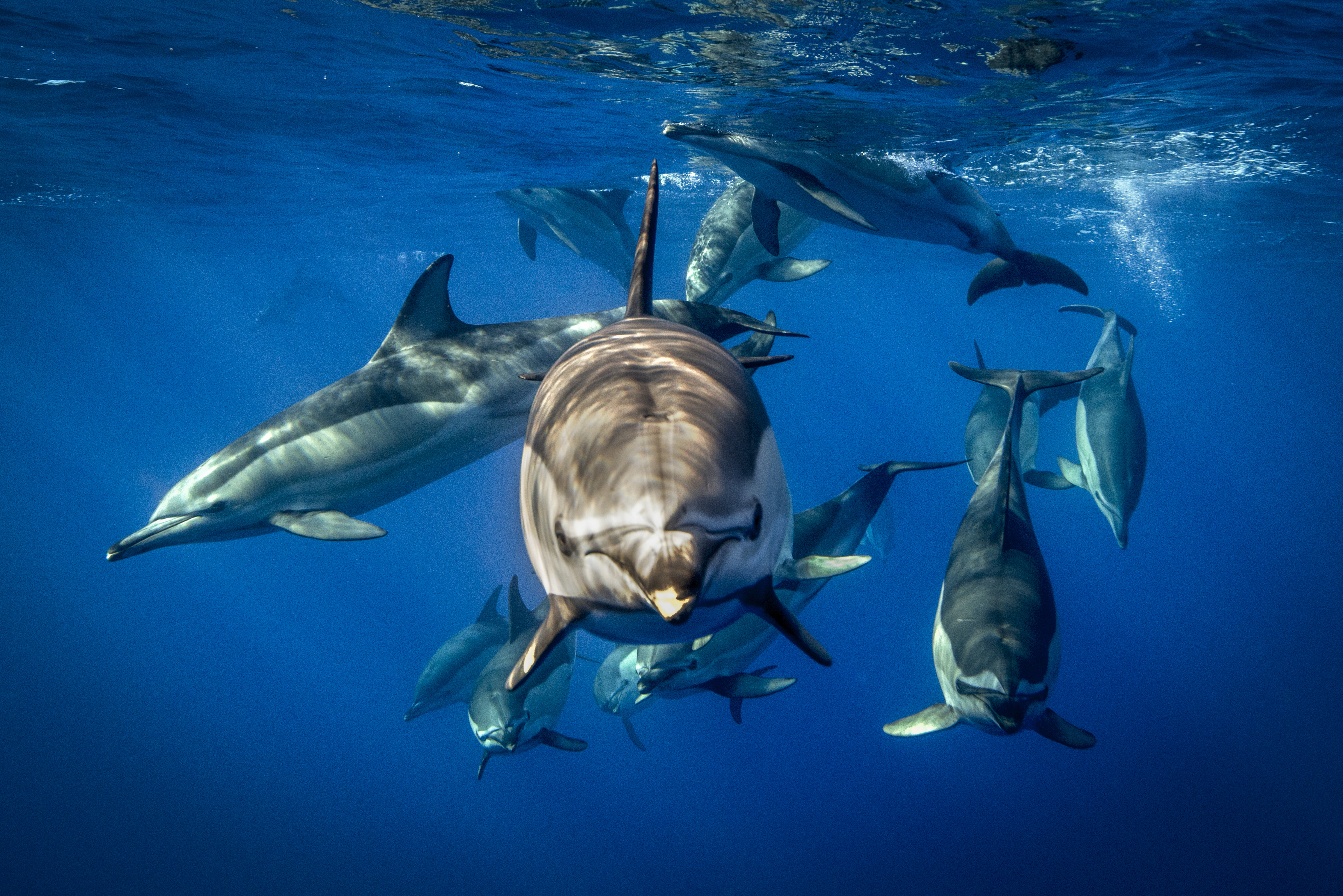10 Things You Didn’t Know About Dolphins’ Intelligence
Dolphins have long fascinated humans with their playful nature and seemingly profound intelligence. As creatures of the ocean, they navigate a world vastly different from our own, yet they exhibit behaviors and cognitive abilities that often mirror our own complexities. Dolphins are not merely creatures of instinct; they are sentient beings with rich emotional lives and a capacity for learning that rivals many terrestrial animals. As we delve into these 10 captivating secrets, we aim to shed light on the mysterious world of dolphin intelligence, revealing not only what makes them unique but also what connects them to us in unexpected ways.
1. Social Structures: The Complex Societies of Dolphins

Dolphins live in complex social structures known as pods, which are akin to extended families. These pods can consist of a few individuals to over a hundred, and they exhibit sophisticated social behaviors. Within these groups, dolphins form strong bonds, often engaging in cooperative hunting and caregiving. This social complexity is indicative of advanced cognitive abilities, as maintaining such relationships requires memory, communication, and empathy. Dolphins have been observed to mourn the loss of pod members, a behavior that suggests a depth of emotional intelligence. The intricate dynamics of dolphin societies are a testament to their intelligence, with roles and hierarchies that can shift depending on the situation. This adaptability showcases their ability to process social cues and respond accordingly, a trait shared with humans and other intelligent species. By understanding their social structures, we gain insight into the cognitive capabilities that allow dolphins to thrive in the ocean's vast and often unpredictable environment.